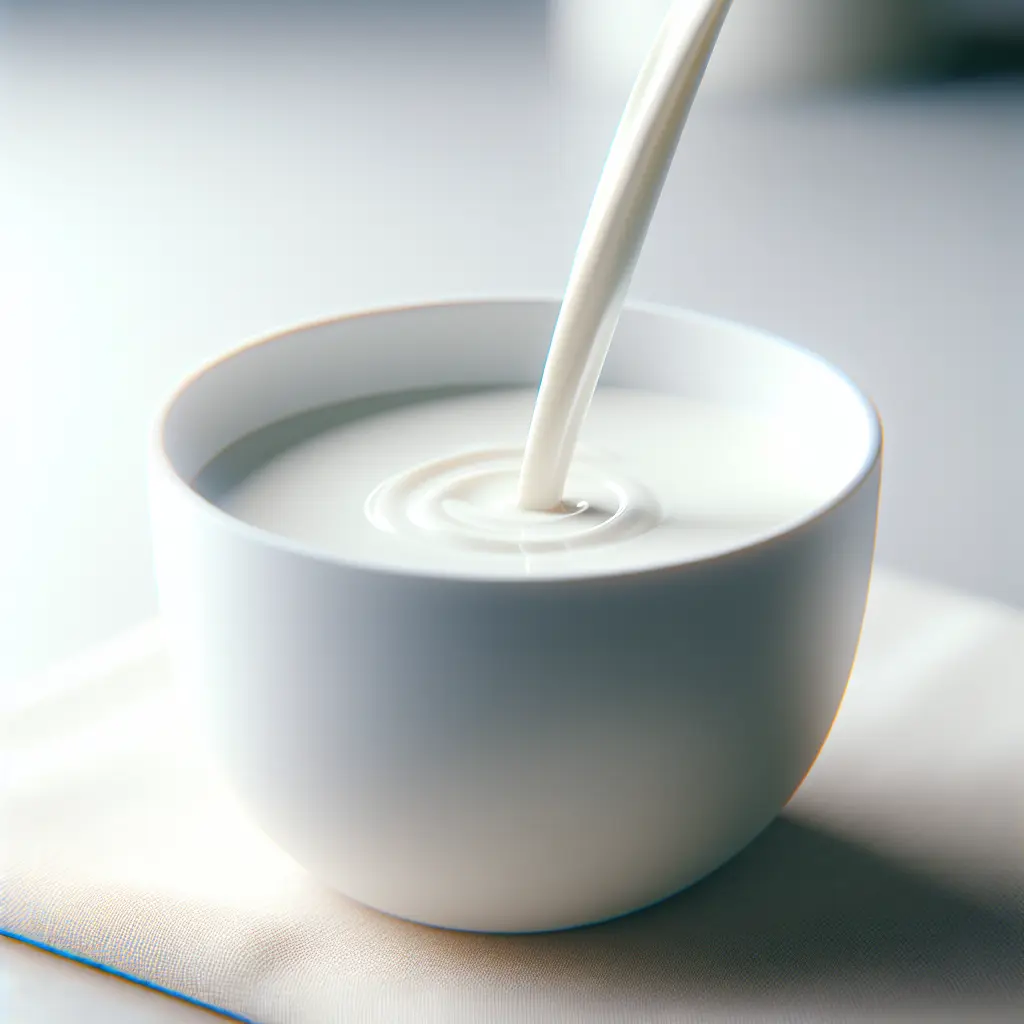Milk Whole: A Wholesome and Nutritious Beverage
Milk whole is a nutrient-rich beverage obtained from cows. It has a creamy texture and a sweet, slightly tangy flavor that makes it a popular choice for breakfast, snacks, and desserts. Milk whole is an excellent source of essential vitamins, minerals, and protein, making it a valuable addition to a healthy diet.
Nutritional Value
A single cup (244 grams) of milk whole provides approximately:
- Calories: 149
- Protein: 7.7 grams
- Fat: 7.9 grams
- Carbohydrates: 12 grams
- Fiber: 0 grams
- Sugar: 12 grams
Milk whole is also a rich source of:
- Calcium: 306 mg (31% of the Daily Value)
- Potassium: 381 mg (11% of the Daily Value)
- Vitamin D: 125 IU (31% of the Daily Value)
- Vitamin B12: 1.1 mcg (46% of the Daily Value)
Health Benefits
Consuming milk whole has been associated with several health benefits, including:
-
Stronger bones and teeth: The calcium and vitamin D in milk whole are essential for maintaining bone health and preventing osteoporosis.
-
Reduced risk of heart disease: The potassium in milk whole helps lower blood pressure, while the calcium and vitamin D may reduce the risk of heart disease.
-
Improved muscle function: The protein in milk whole is essential for building and maintaining muscle mass.
-
Cognitive health: The vitamin B12 in milk whole is important for brain function and may help protect against cognitive decline.
Culinary Uses
Milk whole is a versatile ingredient that can be used in various culinary applications, including:
-
Beverages: Milk whole can be enjoyed on its own, with cereal, or in smoothies.
-
Baking: Milk whole is used in various baked goods, such as cakes, cookies, and bread, to add moisture and richness.
-
Cooking: Milk whole can be used in soups, sauces, and gravies to add creaminess and flavor.
-
Desserts: Milk whole is a key ingredient in many desserts, such as ice cream, pudding, and custards.
Conclusion
Milk whole is a nutritious and versatile beverage that offers a wide range of health benefits. Its rich content of vitamins, minerals, and protein makes it a valuable addition to a healthy diet. Whether enjoyed on its own, used in cooking, or incorporated into desserts, milk whole is a delicious and nourishing choice for people of all ages.
How many calories are in Milk Whole?
Each 1 cup of Milk Whole contains 149 calories.
Milk Whole Nutritional Information
| Nutrient | Amount per 1 cup (244g) |
|---|---|
| Calories | 149 Calories |
| Protein | 7.7g |
| Fat | 7.9g |
| Saturated Fat | 4.6g |
| Cholesterol | 0.024mg |
| Carbohydrates | 12g |
| Dietary Fiber | 0g |
| Sugar | 12g |
| Sodium | 0.105mg |
| Potassium | 0.3221mg |
| Calcium | 0.276mg |
| Iron | 0.0001mg |
